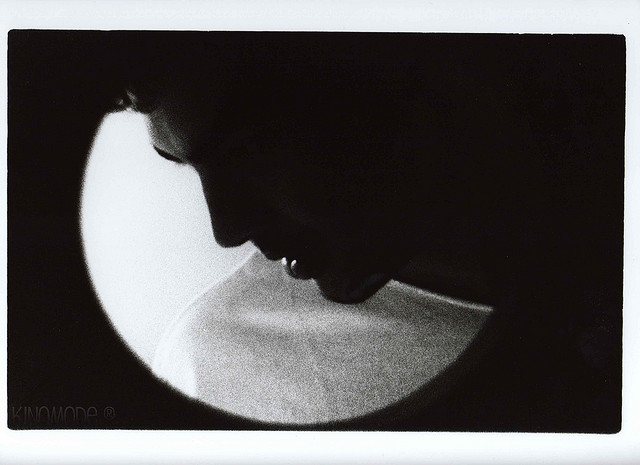We truly don’t realize how much our minds try to run away with themselves and play movies in our heads, until we start practicing mindfulness on a daily basis.
Before I discovered the concept of mindfulness, I was depressed—I had panic attacks and did some time in a therapist’s office to attempt to solve these problems. I’d be in mid thought, letting that “movie” play out, like a fictional horror story, and before mindfulness, I’d believe it to be true or real.
Whatever our mind creates, we believe that to be the truth and expect it to become reality. Whether or not these things actually come true is irrelevant, because the feelings we feel make them true to us in that moment. We’ve come to label this “anxiety” in a lot of cases, and the more our brains get to practice this, the better it gets.
In my journey to solve my own anxiety and depression, I discovered mindfulness, sitting meditation and the practice of gratitude. I’ve found these to be extremely helpful.
Lately, I’ve been asking myself one question when I feel my mind start to wander, and it helps ground me again. Becoming aware that one’s mind is slipping, by the way, is a great side effect of meditation and very helpful in this practice. Instead of letting one’s brain get carried away directing that “horror movie,” the conscious mind interrupts, which allows us to be cognitive and think about this one question, in a way to redirect our focus back on the present moment.
What’s the question? What are you doing right now?
It sounds simple enough, but the answer to that question gives us the real answer about what is occurring—not what might be occurring or what has occurred.
“What are you doing right now” is meant to be answered in the present tense-–I am driving, I am washing dishes, I am writing this blog, I am having a shower, I am brushing my teeth, I am cutting the grass, I am sitting in my garage smoking a cigar and having a beer.
It doesn’t matter what the answer is, but the result should be our conscious brain saying, “Good! Focus all your energy on that task and stop the movie.”
The idea is similar in a sitting meditation, when we catch our mind wandering, and bring it back to focus—but this is applicable in a real world setting where there’s likely to be distractions and things that are wanting our attention and energy, more than the moment is.
Somehow, the present moment rarely begs for our attention the way everything else does. We’ve got to put more focus on the present moment, because the present is the quiet wisdom sitting in the corner, not the boisterous drunk in the middle of the room. This process of interruption has helped me immensely to stay grounded and stay away from anxious thoughts or “movie making.”
Recognizing when that movie is starting to roll is tricky enough in itself, so that will require a certain amount of practice. When you get good at putting attention on your mind, instead of letting your mind wander and do its own thing, this becomes very helpful. Then you can start becoming more cognitive about the task at hand in the moment, and use it for mindfulness practice.
Another important point to mention is how this mind wandering occurs the most when the activity requires less of our mind’s attention. Monotonous things like doing dishes or showering are prime times for “Mind Movies,” and these are the times I’ve had to work hardest to not allow my mind to dwell on negative thinking.
This is all a matter of practice, and just like anything else in life, practice makes permanent.
Read that again, because you might have read “perfect.”
No, practice makes permanent, which means whatever we practice—good or bad—becomes easier. So if you’re letting your mind run away and create Oscar worthy plays (and you aren’t writing them down to cash in on your creativity), you’re allowing your mind to run the show and drag you deeper.
But—if you’re interrupting and redirecting your mind into the present moment (or the task at hand), it will slowly become an easier habit to engage.
If you can’t stop your mind from wandering, at least write your thoughts down—I’m tired of the lack of originality in movies and music these days!
.
Relephant:
5 Questions for Bringing you Back to this Moment.
Author: Wade MacVicar
Editor: Yoli Ramazzina
Photo: Flickr/kinomode

 Share on bsky
Share on bsky







Read 0 comments and reply